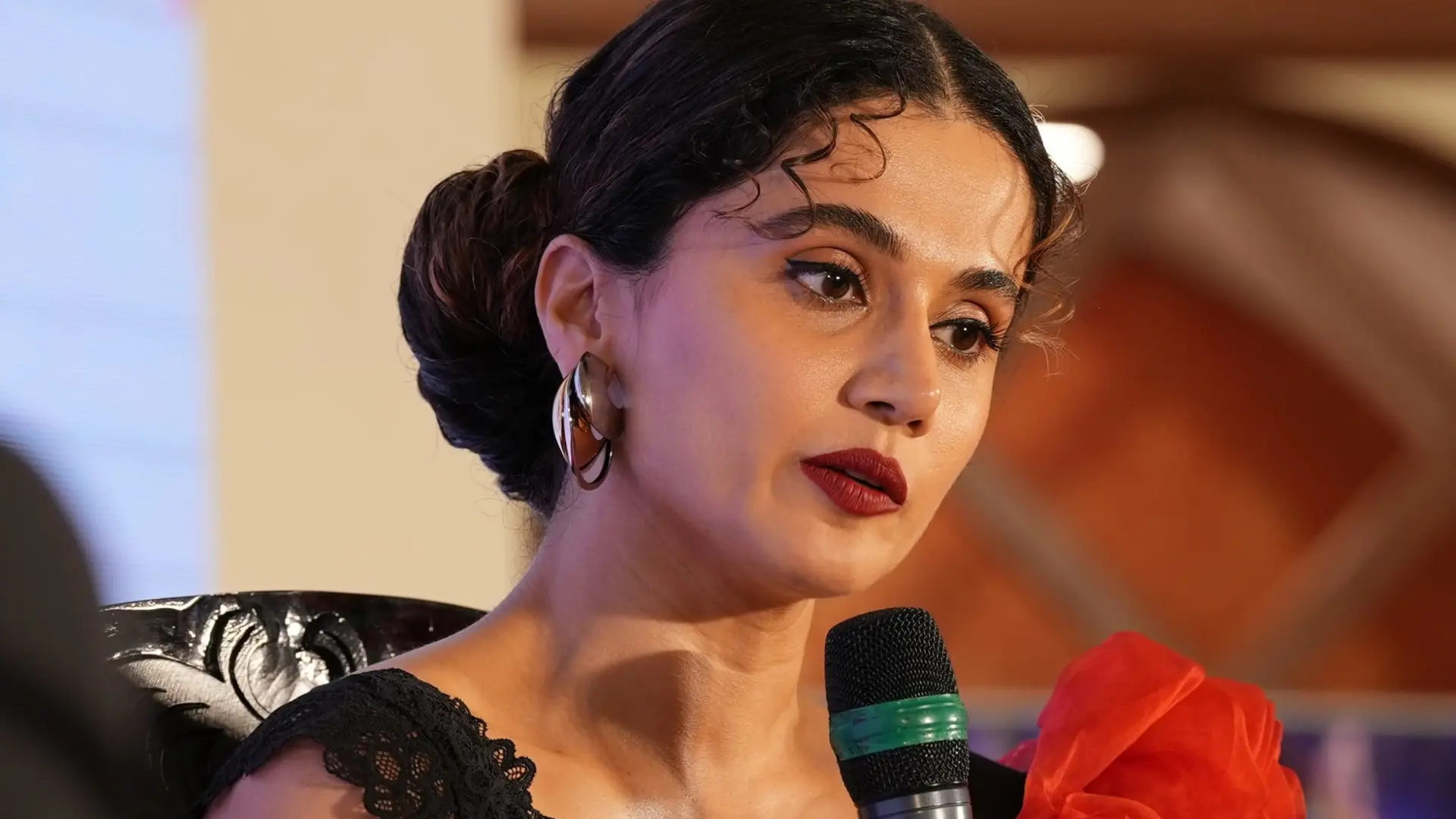After a prolonged period of relative calm, Mumbai is facing a resurgence of fear from organized crime, primarily fueled by the notorious Lawrence Bishnoi gang. Having wreaked havoc in Punjab and Delhi, this gang is now making its presence felt in India’s commercial capital, raising alarms reminiscent of the violent underworld conflicts of the 1990s.
The Return of Gang Violence
Mumbai, once plagued by gang wars during the 1990s, has witnessed a new wave of anxiety as the Lawrence Bishnoi gang begins to assert itself in the city. Following a recent incident on September 12, where a gym owner was shot dead in South Delhi, the gang’s activities are drawing renewed attention. The shooter was reportedly linked to the Bishnoi gang, signaling a troubling extension of their influence.
A marked difference between today and the tumultuous Bombay of the 90s is that Lawrence Bishnoi, the key figure of the gang, operates from within India rather than fleeing abroad. Currently incarcerated, Bishnoi is managing a sophisticated criminal organization directly from prison, raising critical questions about the Indian justice system’s ability to contain such a threat.
Historical Context: The Disappearance of Dons
In the aftermath of the 1993 Bombay Blasts, notorious gang leaders like Dawood Ibrahim fled India, effectively leaving a vacuum in the underworld. Dawood’s D-Company, which has since operated primarily from Karachi, Pakistan, has been joined by several other prominent criminals who have taken refuge abroad, including Chhota Shakeel, Abu Salem, and Chhota Rajan. While the Mumbai Police succeeded in quelling gang wars on the streets, they faced criticism for their inability to repatriate these criminals.
Unlike these historical figures, Lawrence Bishnoi’s operation is characterized by its base within Indian prisons. His ability to coordinate criminal activities while incarcerated challenges previous assumptions about the effectiveness of law enforcement in curtailing gang activities.
A Longstanding Criminal Presence
Lawrence Bishnoi has been behind bars since 2014, yet he continues to wield significant influence. His extensive criminal history includes several high-profile murders, with his gang reportedly taking responsibility for the assassination of NCP leader Baba Siddique on October 12. Siddique was not just any political figure; he was a three-time MLA with ties to Maharashtra’s political elite, allegedly linked to the Dawood Ibrahim gang.
Bishnoi’s incarceration has not hindered his operations. His gang has been implicated in various murders, including the high-profile killing of Punjabi singer Sidhu Moose Wala in 2022, underscoring the audacity of Bishnoi’s criminal network.
Lawrence Bishnoi’s Criminal Genesis
Born in 1993 in Punjab’s Ferozepur district, Lawrence Bishnoi’s foray into crime began during his university days in Chandigarh. After joining the Panjab University Campus Students Council in 2011, he aligned himself with Goldy Brar, another notorious gangster, setting the stage for their involvement in criminal enterprises.
Bishnoi’s criminal career escalated quickly, with numerous FIRs lodged against him for serious offenses ranging from assault to robbery. Even after graduating with an LLB, he expanded his operations into liquor trafficking and arms smuggling, solidifying his gang’s foothold across North India, including Punjab, Uttar Pradesh, and Maharashtra.
An Expansive Network of Criminals
Today, the Lawrence Bishnoi gang boasts a formidable presence with over 700 shooters across multiple states in India, according to the National Investigation Agency (NIA). With strong international connections, including at least 300 shooters from Punjab alone, the gang is compared to Dawood Ibrahim’s D-Company in terms of its operational reach and criminal tactics.
Bishnoi’s ability to conduct operations from prison is particularly alarming. Despite his incarceration, he has utilized Voice over IP (VoIP) technology to maintain communication with his associates, even giving interviews to media outlets from behind bars.
The Threat to Bollywood
Notably, Bishnoi’s gang has also targeted Bollywood celebrities. The gang issued threats against actor Salman Khan, linked to his involvement in the Black Buck poaching case, which the Bishnoi community views as sacrilegious. This threat culminated in a shooting incident outside Khan’s residence in April 2023.
Despite facing numerous criminal charges—36 in total as of June 2022—Bishnoi remains a powerful figure within the underworld, having evaded effective legal repercussions for much of his criminal career.
The Enigma of Bishnoi’s Continued Influence
Lawrence Bishnoi‘s persistent ability to operate while incarcerated raises fundamental questions about the prison system’s effectiveness and the broader implications of political patronage. His network includes connections with pro-Khalistan groups, as identified by the NIA, which suggests a complex web of alliances that enable his continued influence.
Bishnoi reportedly uses “Dabba Calling,” a method that allows for untraceable calls through illegal exchanges, to evade law enforcement tracking. This sophisticated communication method, coupled with the apparent complicity of prison officials, illustrates how deeply entrenched and organized his criminal operations are.



















